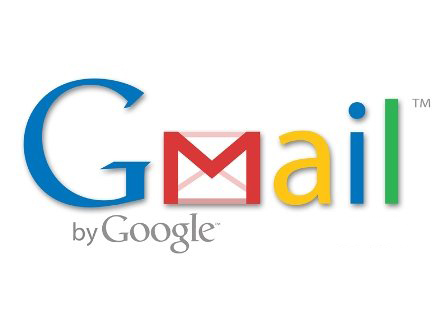Happy sixth birthday, Google Mail!
You mean Gmail wasn't an April Fool?

Google is famous for its April Fools' Day jokes, and the one it did in 2004 was a doozy.
In a rib-tickling press release that quickly circulated online, it said "Search is number two online activity - email is number one; 'Heck, Yeah' say Google founders" and announced something very silly indeed: free, web-based email with a gigabyte of storage.
You couldn't get it, of course: it was a beta, and you needed a magic invitation to take part, rather like the golden tickets for Willy Wonka's Chocolate Factory. "Heck, Yeah? Yeah, Right, more like," the internet scoffed.
Some joke that turned out to be. Six years down the line, Gmail is a really big deal. It changed our expectations of what we could get for free - at the time it launched nobody was mad enough to give you a gigabyte for nothing; now Gmail gives you seven, with other providers routinely offering two gigs of free storage here, five gigs of free storage there - and it showed that Google wasn't just a search company.
As if decent email wasn't enough, Gmail added chat, then a calendar. It moved to mobile, first as a Java app and then as a web-based one. It became integrated with Google Docs and Spreadsheets, added Labs and Themes, became an offline app with Gears and finally came out of beta in late 2009.
Then, triumphantly, it added Google Wave and Google Buzz, two services that revolutionised the way we communicate and that fill their billions of users with joy and hope for the future.
OK, maybe not those last two. But Google has put a lot of effort into Gmail, and that's still going on: just last week, everyone got a new tool that lets you see whether you're being hacked by the Chinese, and this week Google said that the file transfer features currently rolling out in iGoogle and Orkut will be coming to Gmail, too.
Get daily insight, inspiration and deals in your inbox
Sign up for breaking news, reviews, opinion, top tech deals, and more.
In the long term Gmail is likely to be part of a unified inbox: Google vice-president Bradley Horowitz spoke last month about the need to "provide something that is a tool for managing attention" and to blur the lines between Google's various products.
No matter what Gmail has up its sleeve, it's already done something incredibly important: it started an exodus from the desktop to the browser that's still going on today. It showed that AJAX, a system for building web-based interfaces, could be used for massive projects, and that helped to make AJAX the default method for putting applications online.
That in turn restarted the browser wars, with browser makers trying to outdo one another with ever-faster JavaScript engines for better web-app performance - and the rash of new browsers means the internet is a faster, smarter and safer place. Not bad for an email service, eh?
------------------------------------------------------------------------------------------------------
Writer, broadcaster, musician and kitchen gadget obsessive Carrie Marshall has been writing about tech since 1998, contributing sage advice and odd opinions to all kinds of magazines and websites as well as writing more than a dozen books. Her memoir, Carrie Kills A Man, is on sale now and her next book, about pop music, is out in 2025. She is the singer in Glaswegian rock band Unquiet Mind.
